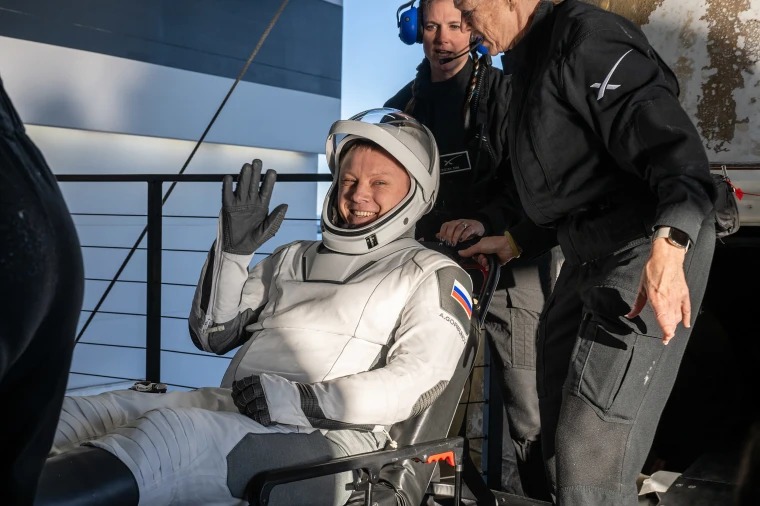Nine months in space sounds cool until your body forgets how to work.
Spending time in space sounds like the ultimate dream: floating weightless, gazing at Earth from above, and living like a sci-fi hero.
But what happens when the dream ends, and reality, otherwise known as gravity, comes crashing back?
Astronauts Suni Williams and Butch Wilmore know this better than anyone and recently told their story to the BBC.
What was supposed to be a quick eight-day mission aboard the International Space Station (ISS) turned into an unexpected nine-month stay.
Now that they’re back on solid ground, their toughest mission begins: getting their bodies to work properly again.
Ask any astronaut, and they’ll tell you: zero gravity feels amazing at first. “It feels like a holiday,” says Tim Peake to BBC, who spent time on the ISS in 2015.
With no gravity pulling you down, your heart, muscles, and bones get a break. Moving is effortless. It’s like lounging in bed for weeks, but that’s also the problem.
On Earth, even standing still takes effort. Gravity forces your muscles and bones to work constantly, keeping you upright.
In space, everything is weightless, so your body gets lazy fast.
Without resistance, muscles shrink. The heart weakens because it doesn’t have to pump against gravity. Bones become fragile, breaking down faster than they rebuild.
“Every month, about 1% of their bone and muscle withers away, it’s accelerated aging,” explains Prof. Damian Bailey, a human physiology expert at the University of South Wales.
What happens when astronauts return?
After months of weightlessness, even simple things like walking become a challenge. When Suni and Butch’s capsule landed, they needed help just to stand.
Their bodies weren’t used to supporting their own weight.
To prevent complete muscle loss, astronauts exercise for two hours every day in space, using treadmills, stationary bikes, and resistance machines.
But even that isn’t enough to stop the damage. Now, back on Earth, they’ll need months of intense rehab to rebuild their strength.
Muscles recover relatively quickly, but bones? That’s another story. “It could take a couple of years for their bone mass to come back,” says Dr. Helen Sharman, the first British person in space.
And even then, it might never fully return to normal.
Bones and muscles aren’t the only things that take a hit. Space changes the entire body, right down to the bacteria in our gut.
Even fluids in the body behave differently. With no gravity pulling them down, they shift upward, making astronauts’ faces look puffy.
It might seem harmless, but that swelling affects the brain and eyes, sometimes leading to permanent vision problems.
And then there’s balance, another system that gravity controls. In space, there’s no up, down, or sideways. The body’s sense of direction goes haywire.
“That initial phase of dizziness, regaining balance, and being able to walk properly again, that’s about two or three days,” Peake explains. “And those days can be brutal.”
Space may be the final frontier, but the human body is still playing catch-up. Even with years of training and recovery plans, astronauts return home changed. Some effects fade, others linger forever.
For Suni and Butch, the adventure isn’t over, it’s just moved to the gym. And while they won’t be floating through their workouts anymore, getting back to normal might just be their hardest mission yet.
Read also: What Marvel Movies Teach Us About Tech, Innovation, and Hustling Hard
















